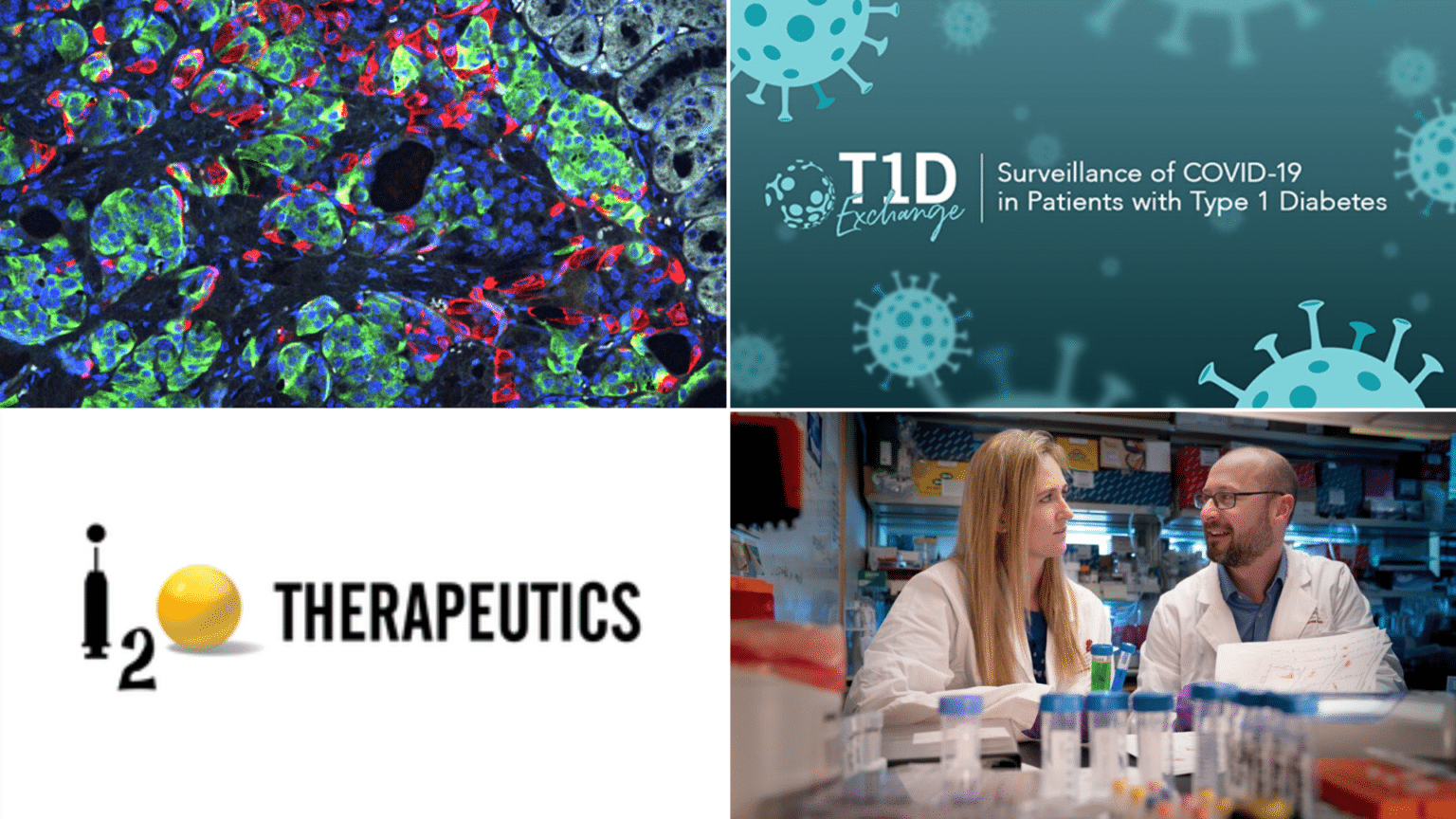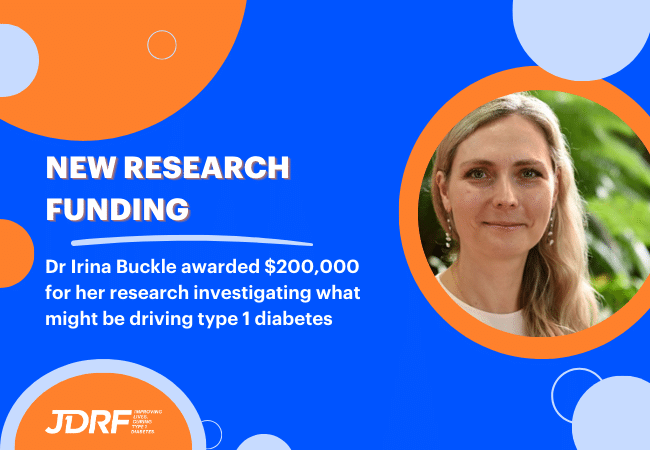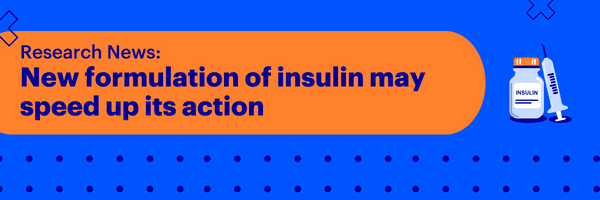
T1D Research Roundup: May 2020
Every month, we round up the most exciting T1D research stories from around the world – the new advances in treatment, devices and knowledge that are making the biggest impact in the fight to cure, treat and prevent T1D.
Here’s what you need to know in T1D research this month:
A new study to understand how COVID-19 affects people with T1D
T1D Exchange have launched a large surveillance study to help the world gain a deeper understanding of how COVID-19 is affecting people with T1D. The study is asking hospitals and T1D clinics to share anonymous medical data from people with T1D who have been diagnosed with COVID-19. Once enough data has been collected and analysed, T1D Exchange hopes researchers and clinicians will gain a better understanding of how COVID-19 affects people with T1D, and how to improve care. More than 50 T1D clinics in the US have already signed up to share their data and be part of the study.
Using gene editing to reverse diabetes
Researchers at Washington University have used the gene editing tool CRISPR to reverse diabetes in mice for the first time. CRISPR is a biological tool that can be used in the laboratory to cut and paste regions of DNA – essentially allowing scientists to edit genes. The researchers took stem cells from a person with Wolfram syndrome – a rare condition that causes insulin-dependent diabetes in children – and used CRISPR to correct the genetic change that causes the syndrome. When the edited cells were grown into beta cells and transplanted into insulin-dependent mice, the mice began producing their own insulin again. While the use of CRISPR to edit human DNA is controversial, it’s possible that it could one day be used to edit genes associated with T1D, lowering the risk of developing the condition.
A new company developing insulin pill technology
With help from JDRF’s T1D Fund, a new company has been spun out from Harvard University to focus on developing T1D treatments in pill form. The company, known as i2O Therapeutics, has developed a new technology that can help liquid drugs – like insulin – reach the bloodstream when taken as an oral capsule. Rather than using microscopic needles to inject insulin into the intestine walls, as other pill technologies do, i2O Therapeutics have found a way to surround drugs with electrically charged particles that can help transport the drugs through the walls of the gut and into the bloodstream. The funding will help i2O Therapeutics to start clinical trials of the technology.
A biological “atlas” that could help diagnose and treat T1D
Researchers at St. Jude Children’s Research Hospital in the US have created a biological “atlas” that maps a specific kind of genetic change, known as an epigenetic marker. Epigenetic markers are used by the body as “switches” to turn genes on and off at different times. The new atlas contains a map of epigenetic markers that have previously been associated with T1D, so scientists can gain a big picture view of the relationships between them. Epigenetic markers are important in the development of many diseases, including some types of cancer, and the researchers hope their atlas will give us a deeper understanding of their role in T1D. The atlas has already given scientists new information about T cells – one of the immune cells involved in attacking the body’s beta cells and causing T1D.
Interested in hearing more about research & clinical trials? Sign up to be a JDRF Game Changer and receive regular updates on the latest T1D research.




